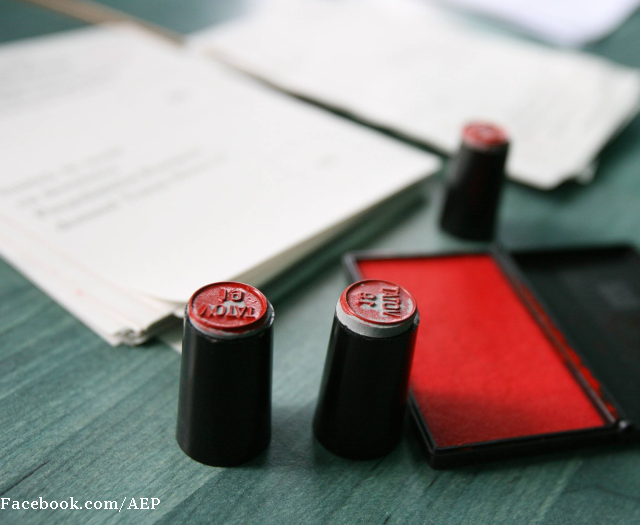Romania holds presidential elections
Romanian citizens living abroad have begun voting in the first round of the presidential elections.

Ştefan Stoica, 08.11.2019, 13:55
The election campaign for the first
round of the presidential elections ends on Saturday morning. It has overlapped
in fact with the political crisis generated by the collapse of Viorica
Dancila’s Social Democratic government followed by the installation of Ludovic
Orban’s Liberal cabinet and has therefore been overshadowed by these events. The
presentation of programmes and the debates between the candidates have thus
been almost non-existent. 14 candidates are in the race for the highest office
in Romania.
The incumbent president, Klaus
Iohannis, is running for a new 5-year term, again supported by the National
Liberal Party. The former prime minister Viorica Dancila runs on behalf of the
Social Democrats she leads. Dan Barna is the candidate of the USR-PLUS Alliance;
Theodor Paleologu is backed by the People’s Movement Party; and Kelemen Hunor
is the candidate of his party, the Democratic Union of Ethnic Hungarians in
Romania. ProRomania and the Alliance of Liberals and Democrats have joined
efforts to support Mircea Dianconu. These are the candidates supported by
parliamentary parties, but there are others who represent parties that are not
in parliament or who run as independents, namely: Viorel Catarama, from the
Liberal Right; Ramona-Ioana Bruynseels from the Party of Humanist Power;
Catalin Ivan from the Alternative for National Dignity; Bogdan
Marian-Stanoevici as an independent; John-Ion Banu from the Romanian Nation
Party; Sebastian-Constantin Popescu from the New Romania Party; Alexandru
Cumpanasu as an independent; and Ninel Peia from the Party of the Romanian
Nation.
This year’s elections have seen a
number of firsts in terms of organisation. In the Romanian diaspora, where
voters had to wait in long queues in the latest European elections and in the
previous presidential elections, people may now vote all weekend. The voting
began in fact on Friday at noon and ends on Sunday evening. In each of the
three days, voting can be extended until 11.59 pm at the latest if at the
official closing time, which is 9 pm, people are still waiting to cast their
ballots in and outside polling stations. Also as a first, Romanian citizens
living abroad can now vote by post. In order to prevent queues, the number of
polling stations has in fact doubled compared with the European elections, to
reach 835. The number of polling stations has grown from 50 in the previous
European elections to 143 in Spain, from 76 to 142 in Italy, from 25 to 80 in
Germany and from 17 to 50 in Great Britain and France. A total of 639 polling
stations have been created in the European Union. In Romania, the voting
process only takes place on Sunday.
The second round is taking place in
two weeks’ time, on the 24th of November. Electing the president in
a single round is basically impossible given that in order to win, a candidate
needs the votes of half plus one of the total number of registered voters,
namely 9 million.






























